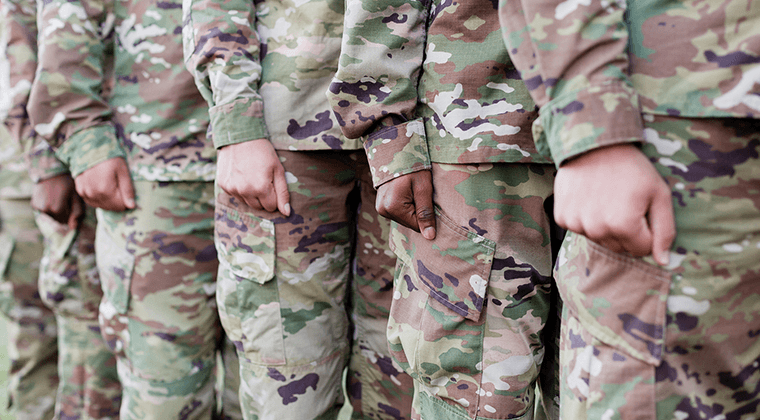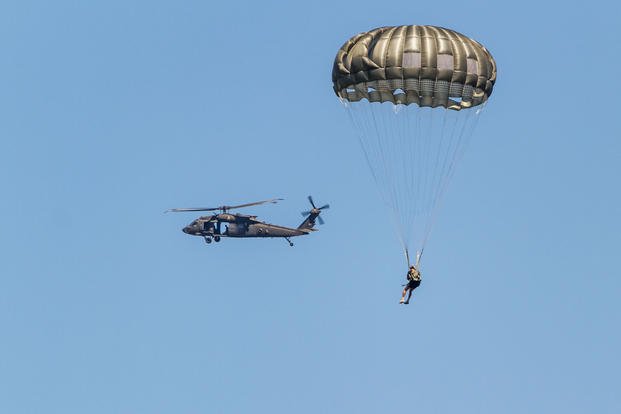Military slang - Wikipedia
Military slang is an array of colloquial terminology used commonly by military personnel, including slang which is unique to or originates with the armed forces. In English-speaking countries, it often takes the form of abbreviations/acronyms or derivations of the NATO Phonetic Alphabet, or ... Military slang is an array of colloquial terminology used commonly by military personnel, including slang which is unique to or originates with the armed forces. In English-speaking countries, it often takes the form of abbreviations/acronyms or derivations of the NATO Phonetic Alphabet, or otherwise incorporates aspects of formal military terms and concepts.A number of military slang terms are acronyms. Rick Atkinson ascribes the origin of SNAFU (Situation Normal, All Fucked Up), FUBAR (Fucked Up Beyond Any Repair or "All Recognition"), and a bevy of other terms to cynical GIs ridiculing the United States Army's penchant for acronyms.




